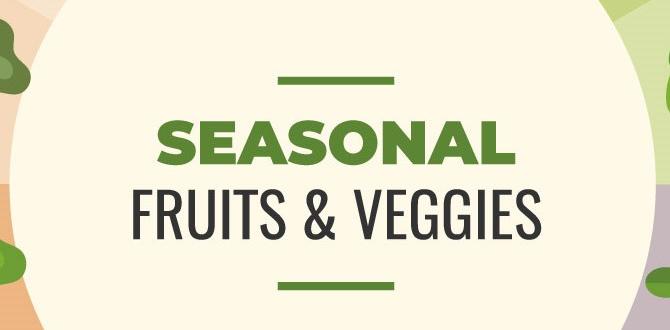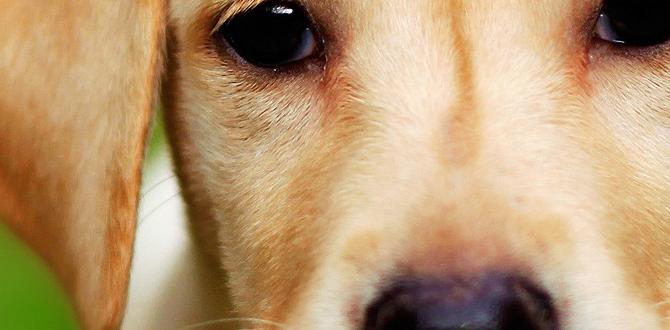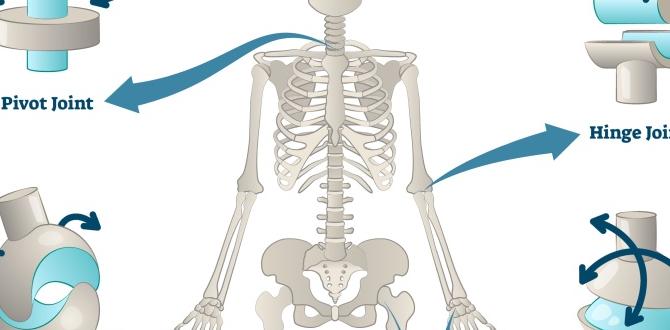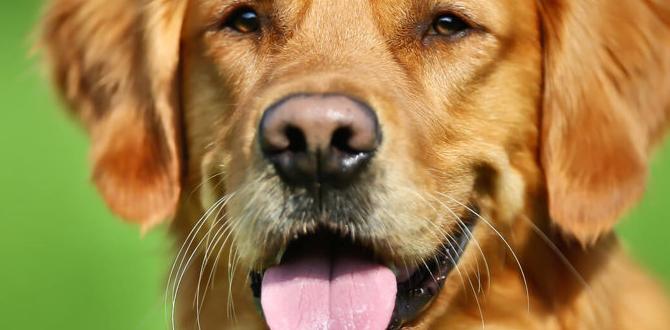Fueling Your Giant Companion: The Best Dog Food for Large Breed Poodles
Choosing the dog food for large breeds for poodles is a significant decision that impacts every aspect of your magnificent canine’s health and well-being. While often associated with their smaller counterparts, the Standard Poodle is a formidable dog, possessing intelligence, athleticism, and a substantial frame. As such, their nutritional needs differ considerably from smaller breeds, demanding a carefully formulated diet to support their growth, energy levels, joint health, and overall longevity. Overlooking these specific requirements can lead to a cascade of health issues, from developmental problems in puppies to chronic conditions in adulthood. This article will delve into the essential considerations when selecting the optimal food for your large breed Poodle, highlighting key ingredients and nutritional profiles that pave the way for a happy, healthy life for your beloved giant.
Understanding the Unique Needs of Large Breed Poodles
Large breed dogs, including Standard Poodles, experience different growth patterns and face unique health challenges compared to their smaller counterparts. Their skeletal structure develops over a longer period, making them susceptible to orthopedic issues like hip and elbow dysplasia. Therefore, dog food for large breeds for poodles must be formulated with specific nutritional considerations to support this slower, steady growth.
Key Nutritional Considerations for Large Breed Poodles:
Controlled Calorie and Calcium/Phosphorus Ratios: Over-nutrition, especially during puppyhood, can lead to rapid growth that outpaces bone development, increasing the risk of skeletal deformities. Foods with balanced calorie content and carefully controlled levels of calcium and phosphorus are crucial. The ideal ratio for calcium to phosphorus is generally considered to be between 1:1 and 1.2:1.
Joint Support Ingredients: The larger frame of a Standard Poodle puts more stress on their joints. Therefore, incorporating ingredients like glucosamine and chondroitin sulfate is paramount. These naturally occurring compounds help to build and repair cartilage, promoting joint health and reducing the risk of inflammatory conditions. Omega-3 fatty acids, particularly EPA and DHA, also play a vital role in reducing inflammation and supporting joint mobility.
Lean Protein Sources: Poodles are active dogs, and adequate protein is essential for muscle development and maintenance. However, the protein sources should be high-quality and easily digestible. Look for foods that list named meat sources like chicken, lamb, beef, or fish as the primary ingredient. For large breeds like Poodles who can be prone to digestive sensitivities, novel protein sources can be a beneficial option.
Healthy Fats: While fat is a concentrated source of energy, the type and amount are important. Omega-3 and Omega-6 fatty acids contribute to healthy skin and a glossy coat, which is particularly beneficial for Poodles known for their beautiful, curly fleece. Essential fatty acids also play a role in cognitive function.
DHA for Brain Development: Docosahexaenoic acid (DHA), an omega-3 fatty acid, is critical for brain and vision development, especially in puppies. Ensuring your puppy’s food contains adequate DHA is vital for their cognitive growth.
What to Look for in Quality Dog Food for Large Breeds for Poodles
When scrutinizing labels for the best dog food for large breeds for poodles, several key indicators of quality stand out. Prioritize brands that are transparent about their ingredient sourcing and manufacturing processes.
I. Ingredient List Analysis:
First Few Ingredients: The first few ingredients on the list should ideally be whole, identifiable protein sources. Avoid foods where fillers like corn, wheat, and soy are primary components. While not inherently bad, they offer less nutritional value for a large, active breed and can sometimes be allergenic for sensitive dogs.
Named Meat Sources: Generic “meat by-products” can be of variable quality. Opt for foods that specify the type of meat, such as “deboned chicken” or “lamb meal.”
Whole Grains and Vegetables: Look for beneficial carbohydrates like brown rice, oats, barley, and sweet potatoes, which provide fiber and essential nutrients. Similarly, fruits and vegetables like blueberries, carrots, and spinach offer antioxidants and vitamins.
Avoid Artificial Additives: Steer clear of artificial colors, flavors, and preservatives. These offer no nutritional benefit and can sometimes trigger adverse reactions in dogs.
II. Guaranteed Analysis:
The guaranteed analysis provides a breakdown of the nutrient content. For large breed Poodles, pay attention to:
Protein: Typically between 22-26% for adult dogs, and slightly higher for puppies.
Fat: Generally around 12-16% for adult dogs, offering energy without excessive calories. Puppy formulas may have a slightly higher fat content.
Fiber: Aim for 3-5% for digestive health.
Calcium and Phosphorus: As mentioned, controlled levels are crucial.
Puppy vs. Adult Formulas: A Critical Distinction
The nutritional requirements for a Poodle puppy differ significantly from those of an adult. Puppyhood is a period of rapid growth and development, requiring a precise balance of nutrients to build a strong foundation.
Large Breed Puppy Formulas: These are specifically designed to manage growth rates, control calcium and phosphorus levels, and provide essential minerals and vitamins for skeletal development. They often contain higher levels of DHA for brain health and adjusted calorie counts to prevent overfeeding. Using a standard puppy formula for a large breed can lead to accelerated growth and increase the risk of orthopedic problems.
Adult Formulas: Once your Poodle reaches maturity (typically around 18-24 months for Standard Poodles), they transition to adult maintenance formulas. These foods focus on maintaining lean muscle mass, providing sustained energy, and supporting ongoing joint health. The calorie density may be slightly lower than puppy formulas to prevent weight gain.
Feeding Guidelines and Lifestyle Considerations
Beyond choosing the right food, proper feeding practices are essential for maintaining your large breed Poodle’s health.
Portion Control: Always follow the feeding guidelines on the packaging as a starting point, but adjust based on your individual dog’s activity level, metabolism, and age. Overfeeding is a common issue that can lead to obesity, exacerbating joint problems and other health concerns.
Feeding Schedule: Establishing a consistent feeding schedule aids digestion and helps with house training. Most adult dogs do well with two meals a day.
Water Access: Fresh, clean water should always be available to your Poodle.
Activity Level: Poodles are intelligent and active dogs that require regular mental and physical stimulation. Their diet should support this. Highly active Poodles may require a food with a slightly higher fat and protein content.
Transitioning Foods: When switching your Poodle to a new food, do so gradually over 7-10 days to avoid digestive upset. Mix increasing amounts of the new food with decreasing amounts of the old food.
Investing in high-quality dog food for large breeds for poodles is an investment in your dog’s long-term health and happiness. By understanding their unique nutritional needs and carefully selecting a diet that addresses them, you can ensure your magnificent Standard Poodle enjoys a vibrant, active, and pain-free life by your side. Consult with your veterinarian to determine the best specific food options and feeding plan tailored to your individual Poodle’s needs.
Meet Elyse Colburn, the devoted canine companion and storyteller behind the enchanting world of “Tales, Tails, and Adventures Unleashed.” A passionate dog enthusiast with a heart full of paw prints, Elyse Colburn shares heartwarming tales and insightful adventures, celebrating the joy, loyalty, and endless antics that make every dog a true hero. Join Elyse Colburn on this tail-wagging journey, where every post is a love letter to our four-legged friends.





